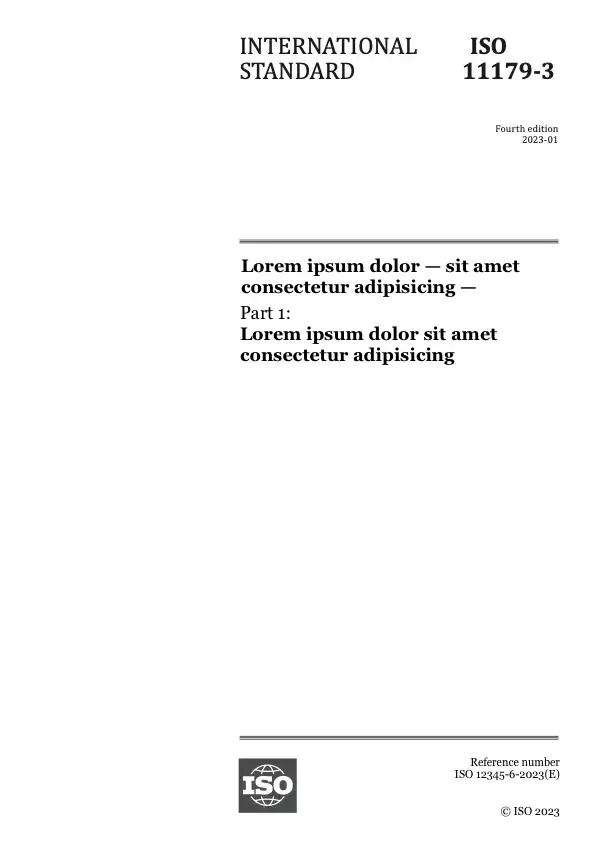Тезис
This document specifies the general aspects of short glass fibre reinforced polyethylene (PE-sGF) piping systems, manufactured by the spiral cross winding method, which are used below ground for the conveyance of liquid fluids for the following industrial and agricultural uses:
— chemical plants;
— industrial sewerage engineering;
— power engineering (cooling and general-purpose water supply);
— agricultural production plants;
— water treatment;
— small hydraulic power plants (general-purpose water supply).
In conjunction with the other parts of the ISO 22101 series, this document applies to PE-sGF pipes, fittings and their joints with each other, with other PE-sGF components, and to components from other materials intended for use under the following conditions:
- a) allowable operating pressure (PFA) up to and including 25 bar[1];
- b) operating temperature of 20 °C as the reference temperature.
NOTE For other operating temperatures, guidance is given in Annex A.
Other application areas differing from those listed in the scope can be permitted if the requirements of this document and/or relevant national requirements are taken into account. Drinking water applications are outside the scope of this document.
This document covers only PE-sGF using glass fibre with lengths comprised in the range between 3 mm and 5 mm.
Components conforming to any of the documents listed in the Bibliography or to national standards, as applicable, can be used with components conforming to this document, provided that they conform to the requirements for joint dimensions and to the relevant requirements of this document.
[1] 1 bar = 0,1 MPa = 105 Pa; 1 MPa = 1 N/mm2.
Preview
Общая информация
-
Текущий статус: ОпубликованоДата публикации: 2022-06Этап: Опубликование международного стандарта [60.60]
-
Версия: 1
-
Технический комитет :ISO/TC 138/SC 3ICS :23.040.01
- RSS обновления
Жизненный цикл
-
Сейчас
-
00
Предварительная стадия
-
10
Стадия, связанная с внесением предложения
-
20
Подготовительная стадия
-
30
Стадия, связанная с подготовкой проекта комитета
-
40
Стадия, связанная с рассмотрением проекта международного стандарта
-
50
Стадия, на которой осуществляется принятие стандарта
-
60
Стадия, на которой осуществляется публикация
-
90
Стадия пересмотра
-
95
Стадия, на которой осуществляется отмена стандарта
-
00
Появились вопросы?
Ознакомьтесь с FAQ
Часы работы:
Понедельник – пятница: 09:00-12:00, 14:00-17:00 (UTC+1)

